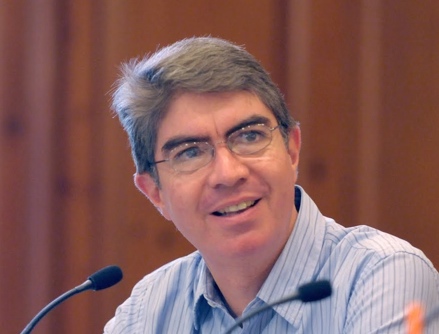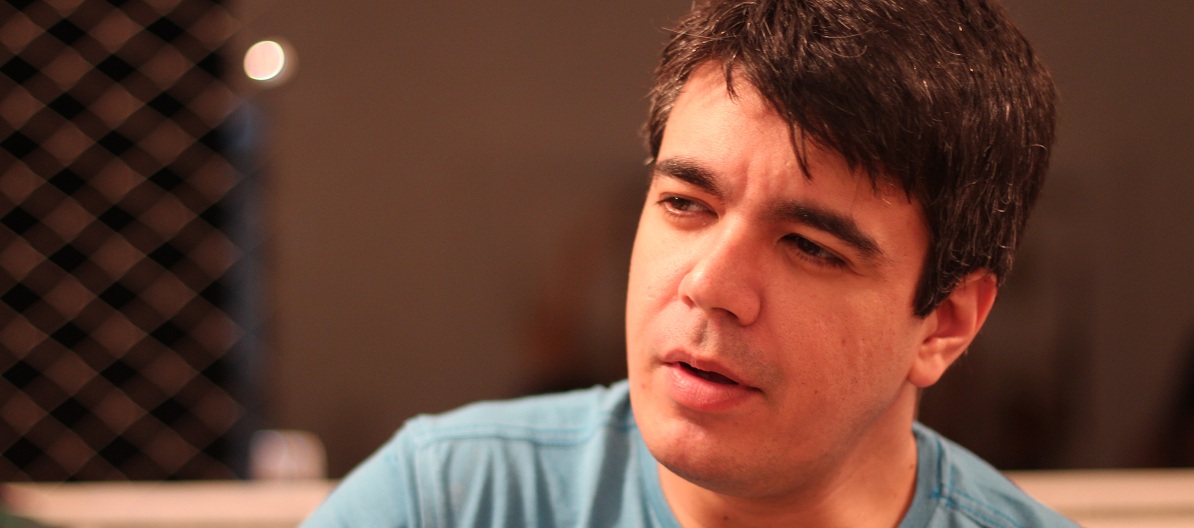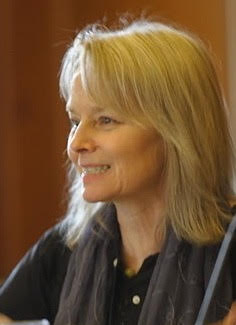V for Vendetta: Guy Fawkes in Egypt
During the revolution Egyptians referenced “V for Vendetta” more frequently than any other work of art. Protestors held up signs that read “Remember, remember the 25 of January.” On the internet, Photoshop was used to alter Pharaoh Tout Ankh Amoun’s face into a Fawkes smile.
Sarah Abdel Rahman, an activist who ended up on TIME magazine’s cover page during the revolution referred to scenes from the film when I discussed the revolution with her. Guy Fawkes’ bumper stickers are stuck on the back windows of dozens of cars driving through Cairo traffic; his mask painted red, white and black resembling the Egyptian flag. The list goes on and on, there’s no doubt about it, in 2011 “V for Vendetta” stirred up as much conversations in Egypt as when it first spread controversy the day it was released here.






